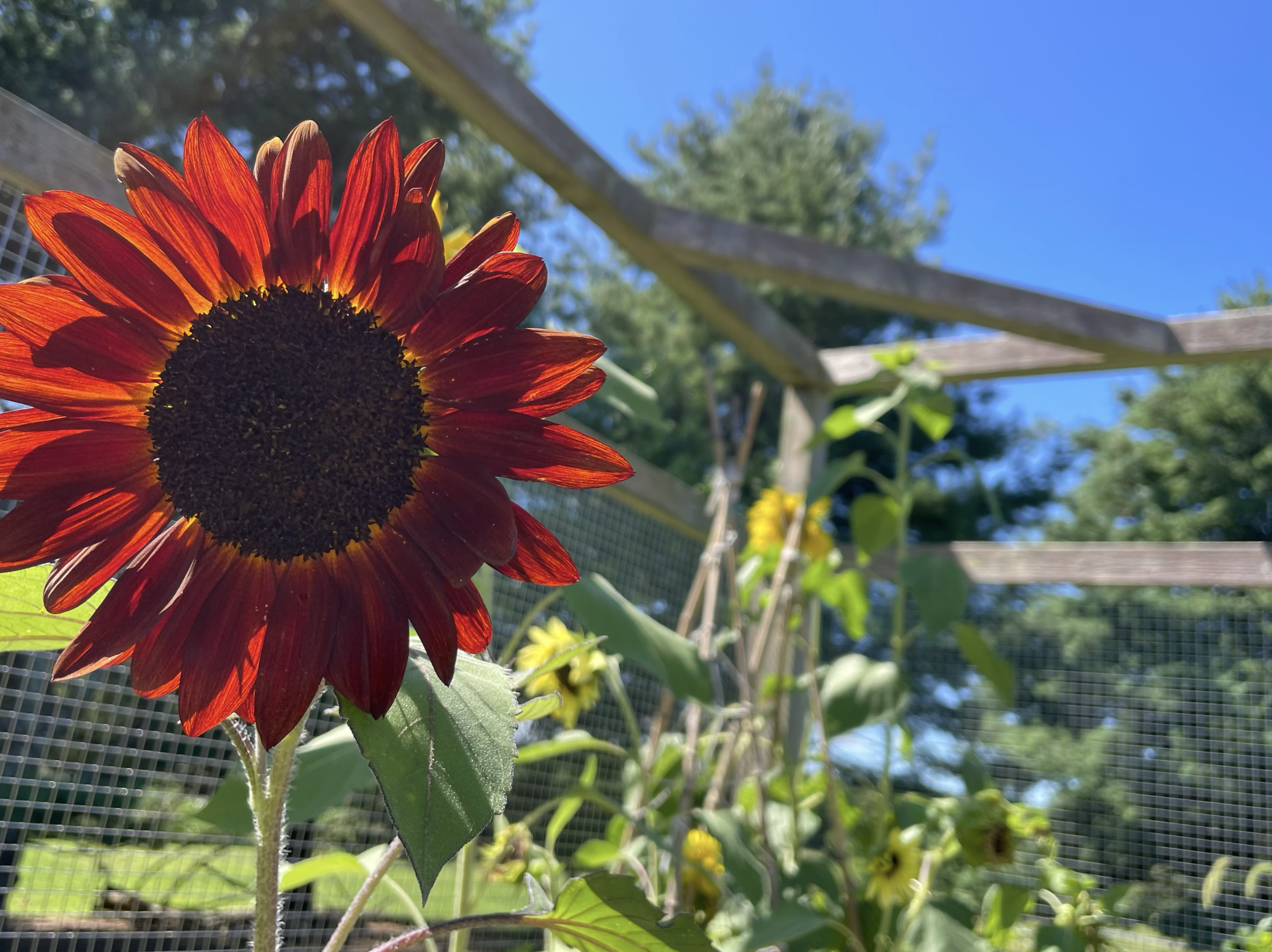
By Julie Mountcastle, Head of School and Chief Innovator
Head of School Blog
Social and Emotional Learning at Slate School
The growth of the social and emotional lives of a cohort of children is amazing to observe. It is the most critical component of a successful classroom community, and the most elusive to clearly define. Suffice it to say, you know when it's not right. The children at Slate School spend the full first 6 weeks of each school year developing the character of their class, but the learning continues throughout the entire life of the school year. The children may only occasionally realize the hard work that they are doing, as the learning is embedded in games, delightful read aloud books, and conversations about animals and nature. It visibly grows with each morning meeting. Our 6-week time frame, and the components of the Morning Meeting, Greeting, Sharing, Activity and Message, are part of the Responsive Classroom approach. We have thoroughly enjoyed this commitment to preserve the early part of the year to prepare the children to accept risk, applaud mistakes, persevere, and support each other. The approach fell short for us when we began to contemplate some of the bigger ideas around stewardship, humility, and service.
That's when we discovered Sanjiv Chopra and his four foundational ideas for happiness. We could see the potential for a deeper inner life for these amazing children, but we weren't sure how to get them there, until this. Chopra's four pillars are friends, for others, forgiveness, and gratitude. Two years ago, we embarked on a process of unpacking each of these ideas with our children who were in Kindergarten and Grade 1, and we have now extended this practice through to all of our grades. The children have ample opportunity to ponder each concept, both as a member of the group, and independently. Conversations about what the words truly mean are followed by what these practices look like in action, in a classroom, or at home. Families often share that during this time, they see marked changes in the generosity of their children. When all of the ideas feel fully explored, artful expressions of each of the ideas are created, signed by the entire community, and framed. They become touchstones for all restorative justice, and the inspiration for all service. We create a classroom constitution shortly thereafter, but having completed the foundational ideas, the task is largely about the process, as the content is already in place.
As the school year continues, children repeatedly notice and note moments of friends, for others, gratitude, and forgiveness in events in their world, and often mark them in literature read aloud to them, or read independently. They congratulate others when they see the ideas in action, and proudly treat each other with attention to the ideas that they hold dear. Last Winter, for example, the Grade 2 children collaborated to create an imaginary world. They named it "Yes And", in honor of the respect they have for building on the ideas shared in their classroom. The world they created is remarkable in many ways, but none more significant that its total commitment to the ideas they value. When the children were visited by a group of law students from the Quinnipiac University to create a constitution for their growing land, they found true clarity in their guiding principles. All elements were viewed through a lens which required consistency with all they believe. It was striking to all who witnessed this. Remarkable, too, was the children’s ability to leave the constitution unfinished when there were a couple of points that seemed positive, but couldn't quite be squared with their ideals.
The community of educators at Slate School takes seriously the responsibility of modeling these ideas in their own practice throughout the year. We maintain transparency in our interactions with others, in our mistakes, and in our pursuit of learning. Acknowledging our mistakes is paramount to the establishment of a risk-friendly environment for all learners. Humor and humility are valued by the entire community.
Slate School’s model is not a precise recipe for social and emotional health. Rather, it is an evolving practice that is created everyday by the entire community of learners here, to support everyone's growth. The work is not the same every year, and it would be wrong to try to follow this method without considering the individuals that make up one’s own community. Whatever you do, and however you might do this, you simply cannot go wrong if you let friends, for others, gratitude, and forgiveness guide you in your journey.